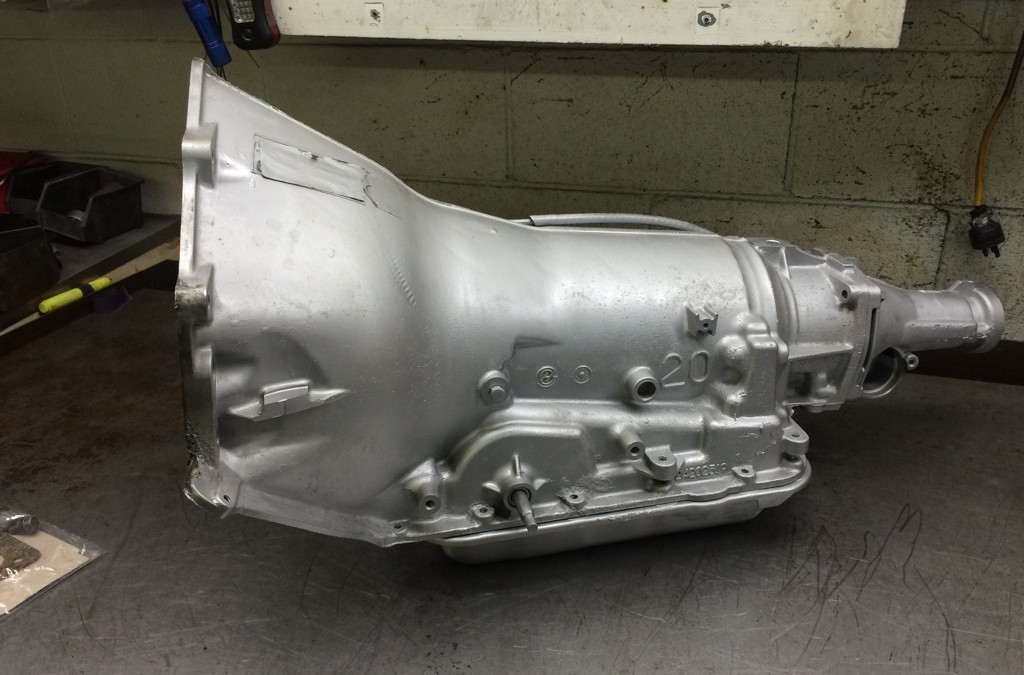When your vehicle’s transmission fails, you’re faced with a critical and often expensive decision: should you replace it with a rebuilt or a remanufactured unit? While the terms are sometimes used interchangeably, there are important differences that can impact the cost, quality, and longevity of your repair. At Apache Transmission in Lubbock, we believe in helping our customers make an informed choice that’s right for their vehicle and their budget.
What Is a Rebuilt Transmission?
A rebuilt transmission is a service performed by a mechanic, typically on your vehicle’s original transmission. The process involves removing the transmission, disassembling it, inspecting the components, and then replacing only the parts that are worn, broken, or are part of a rebuild kit (e.g., gaskets, seals, and clutches). The rest of the “hard parts” (gears, shafts, etc.) are reused as long as they are still within the manufacturer’s specifications.
Pros:
- Cost-Effective: A rebuilt transmission is often the most budget-friendly option, as you are only paying for the specific parts that need replacement and the labor to install them.
- Faster Turnaround: Since a rebuilt transmission is worked on in-house, you might get your car back on the road sooner than waiting for a unit to be shipped.
Cons:
- Variable Quality: The quality of a rebuilt transmission can vary greatly depending on the expertise of the mechanic and the parts they use.
- Uncertainty: Since not all components are replaced, there’s a chance that a component that was in spec at the time of the rebuild could fail shortly after, leading to another repair.
What Is a Remanufactured Transmission?
A remanufactured transmission is a unit that has been completely disassembled, cleaned, and restored to its original factory specifications (or better) by a professional, specialized remanufacturing facility. Unlike a rebuild, this process involves replacing all of the “wearable” or “soft parts” and also inspecting and replacing any “hard parts” that show even minor signs of wear or are known to be problematic. The unit is then rigorously tested on a dynamometer (a “dyno”) to ensure it performs perfectly under various conditions before it is shipped.
Pros:
- Higher Quality and Consistency: Remanufactured units are built in a controlled factory environment to strict OEM standards. This eliminates the uncertainty you might find with a rebuild.
- Better Warranty: Remanufactured transmissions typically come with a longer, more comprehensive warranty, often a nationwide one, giving you greater peace of mind.
- Known Cost: You get a fixed price for the unit, so you won’t have to worry about unexpected costs from the discovery of additional damaged parts during the repair.
Cons:
- More Expensive: The rigorous process of remanufacturing, including the replacement of all wearable parts and dyno testing, means a remanufactured unit will be more expensive than a rebuild.
Making the Right Choice for You
The decision between a rebuilt and a remanufactured transmission comes down to a few key factors:
- Budget: If your budget is the primary concern, a rebuilt transmission is often the most affordable solution upfront.
- Long-Term Reliability: If you plan on keeping your vehicle for many more years and want the highest level of reliability and peace of mind, a remanufactured unit is a better investment.
- Turnaround Time: If you need your vehicle back on the road as quickly as possible, a local rebuild can sometimes be a faster option.
At Apache Transmission in Lubbock, we’re proud to offer both rebuilt and remanufactured transmission services. Our experienced technicians can help you diagnose your transmission problem and walk you through the pros and cons of each option, helping you make the best decision for your vehicle and your situation.

Recent Comments